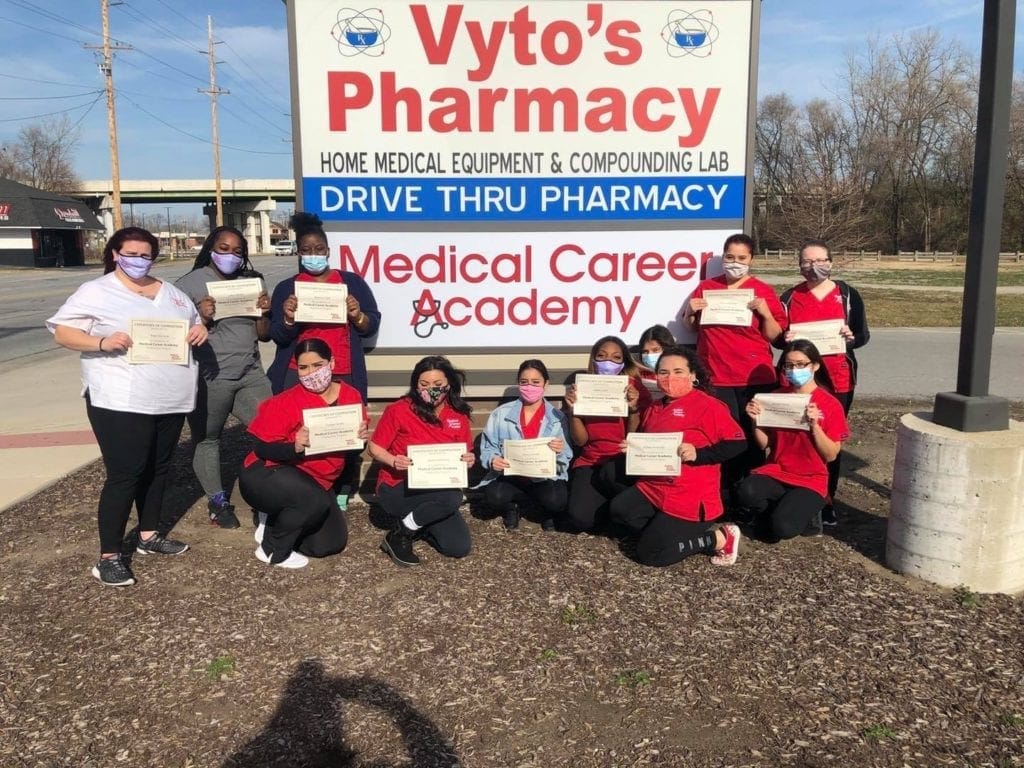If you wish to pursue a career in the medical field, proper planning is necessary. More importantly, however, commitment is vital, especially when it comes to the prospect of service. Thankfully, the roots and branches of medicine run deep and vast, meaning that you have plenty of options available to choose from.
One of the most important stepping stones into the field of medicine is phlebotomy, which is a branch of medicine that deals with the use of needles to draw blood. It may seem straightforward enough, but the process of becoming a phlebotomist is a long and winding road.
You first need to understand the extent of the role, along with the actual study of phlebotomy. Read this quick and easy guide to learn more!
In A Nutshell: Phlebotomy
Phlebotomy is a medical procedure that involves inserting a needle into a vein, usually in the arm, to draw a blood sample. This procedure is typically used in the medical field as a means of getting samples for blood testing or blood donations.
Typically, phlebotomists or phlebotomy technicians are trained to carry out the procedure, as well as doctors and nurses. After extracting the blood samples, they send them to laboratories, where the samples will get examined for any health issues or abnormalities.
Why should you pursue Phlebotomy?
Phlebotomists can work in a variety of medical settings, such as in laboratories, clinics, and hospitals. The job entails extracting blood from people from all walks of life. Patients may range from infants to the elderly, and the type of patients you’ll be dealing with may vary depending on where you work. As a phlebotomist, you can help all of these people get the medical attention they need. Together with other medical professionals, you can help save countless lives, so the job is as rewarding as it is challenging.
The Job And Duties
As a phlebotomist, you will be responsible for drawing blood from patients. You’ll also be collecting various specimen samples, which includes the process of labelling the vials you have filled. Part of your job is to also deliver these specimens properly to the laboratory. However, there are other job responsibilities you need to be familiar with. Here is a comprehensive list of all the things expected of a phlebotomist:
- Collect blood samples from patients accurately
- Ensure proper patient identification, especially during hospital floor rounds
- Label vials accordingly, ensuring that patient names and dates are clearly stated
- Analyze which blood drawing strategy a patient needs
- Ensure that all samples are transported quickly and efficiently
- Possibly centrifuge certain blood samples, depending on where you work
- Remain friendly, compassionate, and courteous to patients of all ages, especially the most difficult ones
- Adhere to infection control and standards, especially when it comes to the equipment used and patients handled
- Remain organized at all times, ensuring that station and phlebotomy cart are neat and tidy
Phlebotomy technicians are expected to work in hospitals, laboratories, donation facilities, and other healthcare settings. You may be asked to travel on call for specific patients, prompting you to work the day, evening, and even night shifts. Expect to be on call during weekends and even the holidays.
Serve The People By Studying Medicine Courses
Becoming a phlebotomist is a career worth taking, especially since you’ll be dealing with patients from all walks of life. There’s something to learn about being with people, and daily exposure to the environment of hospitals will also expose you to better services and practices, especially if you wish to pursue another medical career in the future. As you plan for your medical career path, keep this guide in mind!
If you’re on the hunt for phlebotomy schools in Indiana, Medical Career Academy is the best. We are dedicated to helping you attain the highest quality education in the healthcare fields. Allow us to provide you with the support you need to succeed—enrol today!

